GSP Insurance Group Blog |
What Are Some Common Reasons for Non-Renewal?Is your homeowners' insurance policy at risk for non-renewal? This can happen for a variety of reasons, and it's crucial to be aware of them so you can take timely action. This has become a frequent occurrence, not only in Beaufort County and South Carolina but across the country, as insurance carriers are pulling back from disaster-prone areas, particularly coastal regions. Other companies are reorganizing or even liquidating, adding to the trend of non-renewals.
A failed home inspection is a common reason for non-renewal. If your property doesn't meet the insurance company's safety standards due to issues like faulty wiring or an aging roof, you might receive a non-renewal notice. Residing in areas at high risk for natural disasters is another significant factor. Insurance companies are increasingly cautious about providing coverage in zip codes prone to frequent natural disaster-related claims, such as hurricanes, earthquakes, or wildfires. Fraudulent information on the application can also result in non-renewal. If material misrepresentations or false details are discovered, the insurer has the option to either cancel or non-renew the policy. Understanding your policy's terms and conditions is essential to avoid such situations. Should you receive a non-renewal notice, consider reaching out to an independent agent who can help you find a suitable new insurance provider. By maintaining a clean claims history and ensuring that your property is in good condition, you can bolster your chances of policy retention. Stay informed and proactive to secure the coverage you need.
0 Comments
 Introduction As a landlord, it is essential to protect your investment and ensure the well-being of your tenants. One way to achieve this is by requiring tenants to have renters' insurance. Renters' insurance provides coverage for tenants' personal belongings and offers liability protection. In this article, we will discuss the requirements that landlords should have for tenants' renters' insurance policies, emphasizing what that means for landlords and property owners in Georgia and South Carolina. 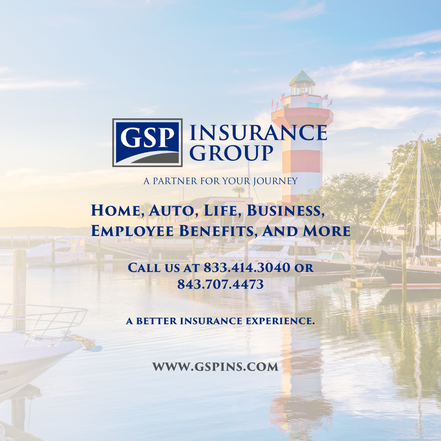 Introduction South Carolina, a state known for its picturesque landscapes and welcoming communities, is currently facing unprecedented challenges in the home and auto insurance market. Within this vibrant state, Beaufort County has emerged as a battleground where residents are grappling with the impact of rising insurance rates. Across the board, homeowners and drivers are witnessing an alarming increase in premiums. Additionally, the market is witnessing a growing trend of carriers either withdrawing altogether or implementing stricter underwriting guidelines and higher down payment requirements. This phenomenon has earned the title of the "hardest insurance market" in a generation across the country. In this blog article, we will delve into the state of the home and auto insurance market in Beaufort County, explore the factors contributing to the difficulties, and provide insights on how to navigate this challenging landscape. 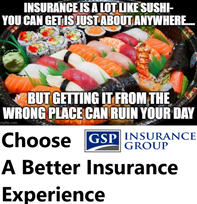 An attractive nuisance is a term used in insurance and legal circles to describe a dangerous condition on a property that may attract children and cause harm or injury. This could be anything from a swimming pool or trampoline to a construction site or abandoned building. In this blog post, we will take a closer look at what an attractive nuisance is, why it matters in insurance, and how property owners can protect themselves. 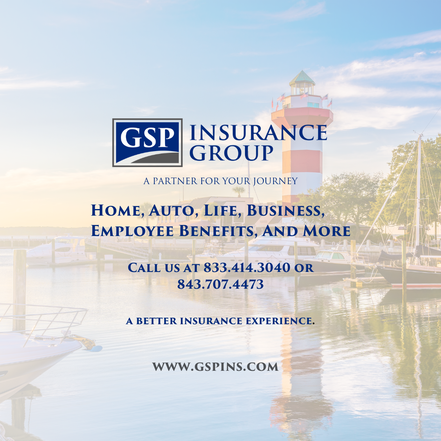 When it comes to protecting your business, having the right insurance coverage is crucial. As a business owner, you need to make sure that your company is adequately covered against potential risks and liabilities. However, finding the right insurance coverage can be a daunting and time-consuming task, especially for those who are not familiar with the insurance industry. This is where an independent insurance agent can help.  As a business owner, you know how important it is to protect your company against unexpected events. You have insurance for your property, your products, and your liability, but have you considered protecting your business from employee-related lawsuits? This is where Employment Practices Liability Insurance (EPLI) comes into play. In this article, we'll discuss what EPLI insurance is and provide examples of covered situations. 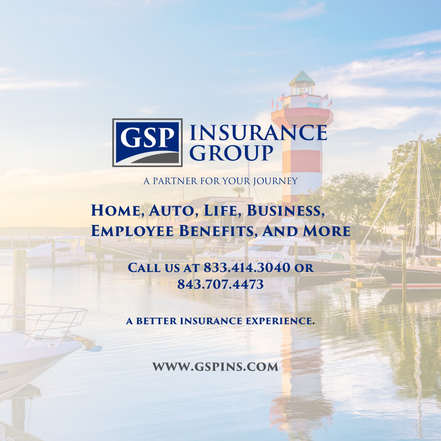 I find myself answering this question several times a week to explain to clients and prospects the difference between Admitted & Non-Admitted Insurance Carriers. In the world of insurance, there are two types of carriers: admitted and non-admitted. Both are important players in the insurance market, but they differ in several significant ways. In this blog post, we will explore the differences between admitted and non-admitted insurance carriers and their importance in the insurance industry. 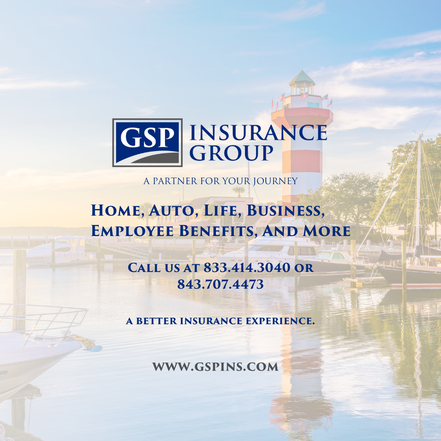 South Carolina's beautiful coastal region has always been a prime location for homeowners looking to enjoy the stunning beaches and year-round sunny weather. However, this picturesque region has faced its share of natural disasters, including hurricanes, flooding, and severe storms, leading to a significant impact on the coastal home insurance market. Over the past few years, South Carolina's coastal insurance market has undergone some significant changes. Let's take a closer look at the current state of the coastal home insurance market in South Carolina. Homeowners insurance is a type of insurance that provides protection for your home and personal property in the event of damage or loss from certain perils, such as fire, windstorm, and theft. It also provides liability coverage in the event that someone is injured on your property and sues you.
When you're looking for home insurance, it's important to understand that there are different types of coverage available, such as dwelling coverage, which covers the structure of your home, and personal property coverage, which covers your personal possessions. You should also consider additional coverage options, such as flood insurance or umbrella insurance, depending on your specific needs and the risks in your area. Introduction
Auto insurance is a must for virtually all drivers, but the amount of coverage you need and the company you choose are important factors in your insurance costs. What types of vehicles do you own? Do they require special coverage or safety features? Do they have high mileage? Are they used primarily for pleasure or commuting to work? Your answers to these questions will help you find an auto insurance policy that offers just the right amount of protection without breaking your budget. The Basics of Auto Insurance Auto insurance is a type of insurance that covers damage or injuries caused by automobiles. It also covers medical expenses for the insured, their passengers and third parties who are injured in an accident involving the insured automobile. Auto insurance can be divided into three types: liability, collision and comprehensive. The first type is liability, which covers the costs incurred by an insured party to repair or replace property damaged or destroyed by an insured vehicle. This includes any bodily injuries caused by the same vehicle up to liability limits set forth by law in your state of residence. The second type is collision coverage, which pays for repairs to your car when it collides with another object or vehicle - including pets! The third and final type is comprehensive coverage, which pays for damages unrelated to accidents such as vandalism and weather-related incidents like hailstorms (not counting hurricanes). Shopping for a New Policy When you're shopping for a new policy, focus on what your needs are. If you own a home and have young children, for example, you'll want to get the most affordable coverage that will still protect your family in case of an accident. You should also look into how much money you can afford. Set up a budget that allows room for insurance payments and other monthly expenses like utilities and groceries—these things aren't cheap! Try to make sure that the amount of money spent on auto insurance doesn't take away from any other areas of your budget; this way, if something unexpected happens (like a major car repair), it won't be as stressful financially as it would be otherwise. Finally—and this is important! —be aware of all the discounts offered by different companies when choosing an insurer or agency. Discounts include things like having clean driving records over time; being part of certain organizations such as AAA; living in safe neighborhoods with low crime rates; driving less than 20 miles per day or owning more than one vehicle (or both). These discounts can help lower premiums while still providing adequate protection against accidents and bodily injury claims brought upon by others on the roadways around us every day. Choosing the Right Car Insurance Company The most important step in finding the right car insurance company is to get multiple quotes. You should talk to an independent agent that works with multiple companies and allow them to shop around to find you the best coverage and rates. You should also ask about any discounts available based on factors such as marital status and credit score—these could help save you hundreds of dollars each year! How to Lower Your Auto Insurance Rates Enlist and independent agent to shop around for the best auto insurance rates. Check your credit score and ask about discounts. If you have a good credit score (below 590), most insurance companies will give you a discount on your policy—sometimes as much as 20%. And if you've never been in an accident, some insurers may offer additional savings on top of this. Get a safe driver discount—and ask about it again. Some states require all insurers to offer a safe driver discount to customers who maintain good driving records without any accidents or moving violations within three years of applying for coverage; other states don't enforce this requirement but still require insurers to offer some type of reward if they're available in that state. To find out what types of rewards are available where you live, check with each individual company before shopping around: often times there'll be one or two carriers that won't offer any safe driver discounts at all because they aren't legally required to do so (and therefore don't want to get into trouble). Does Credit Matter With Insurance? Yes, your credit score is a factor in determining your auto insurance rates. However, it's not the only factor, and there are ways to improve your credit score if it's not currently on par with what you want. The best way to save money on auto insurance? Read on! Conclusion This is a great time to shop around for car insurance. It’s important to find the best deal for your needs, and if you’re not sure where to start, we can help! Our friendly agents are ready to answer any questions you have about auto insurance coverage. |
Contact Us(843) 707-4473 Archives
February 2024
Categories
All
|

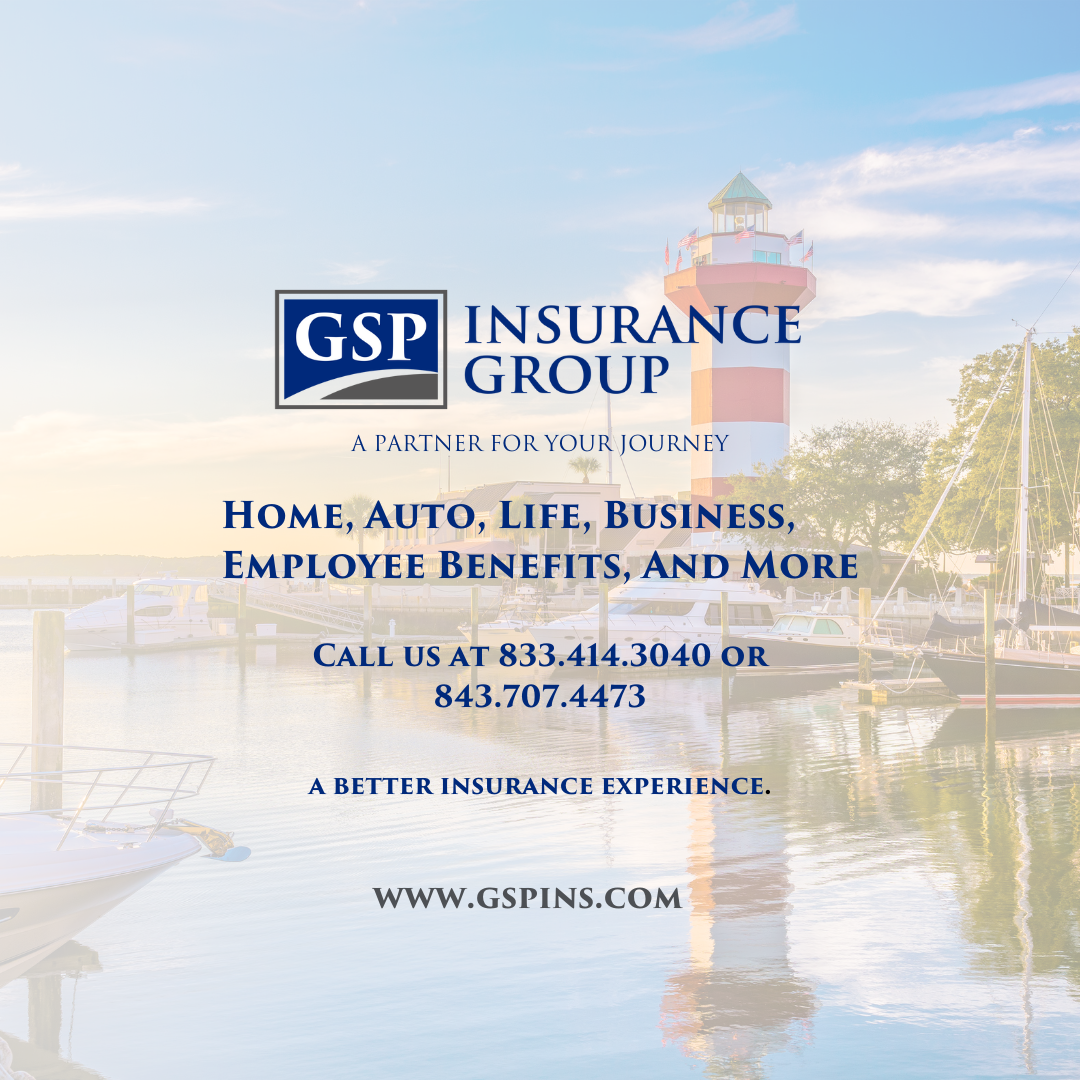
 RSS Feed
RSS Feed